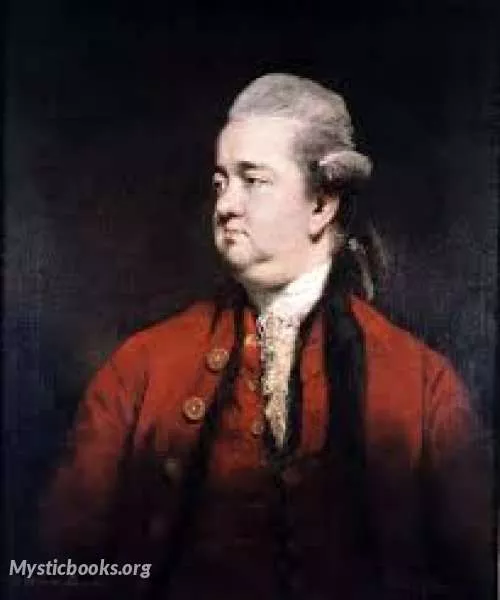
Timeline
Title
Country/Nationality
Edward Gibbon
Edward Gibbon FRS 8 May 1737 – 16 January 1794) was an English historian, writer and Member of Parliament. His most important work, The History of the Decline and Fall of the Roman Empire, was published in six volumes between 1776 and 1788 and is known for the quality and irony of its prose, its use of primary sources, and its polemical criticism of organized religion.
He also met the one romance in his life: the daughter of the pastor of Crassy, a young woman named Suzanne Curchod, who was later to become the wife of Louis XVI's finance minister Jacques Necker, and the mother of Madame de Staël. The two developed a warm affinity; Gibbon proceeded to propose marriage, but ultimately this was out of the question, blocked both by his father's staunch disapproval and Curchod's equally staunch reluctance to leave Switzerland. Gibbon returned to England in August 1758 to face his father. There could be no refusal of the elder's wishes. Gibbon put it this way: "I sighed as a lover, I obeyed as a son. “He proceeded to cut off all contact with Curchod, even as she vowed to wait for him. Their final emotional break apparently came at Ferney, France in early 1764, though they did see each other at least one more time a year later. The "English giant of the Enlightenment” finally succumbed at 12:45 pm, 16 January 1794 at age 56. He was buried in the Sheffield Mausoleum attached to the north transept of the Church of St Mary and St Andrew, Fletching, East Sussex, having died in Fletching while staying with his great friend, Lord Sheffield. Gibbon's estate was valued at approximately £26,000. He left most of his property to cousins. As stipulated in his will, Sheffield oversaw the sale of his library at auction to William Beckford for £950
Books by Edward Gibbon
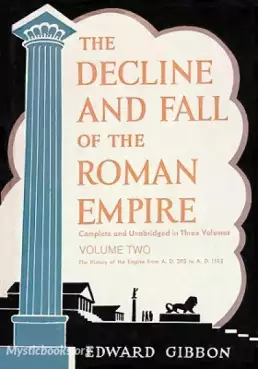
The History of the Decline and Fall of the Roman Empire, Vol. II
Gibbons relates in detail the political, martial, social, and theological developments that saw the ultimate split of the Roman Empire, the fall of the West, and the continuance of Roman tradition in the East centered in Constantinople before glancin...
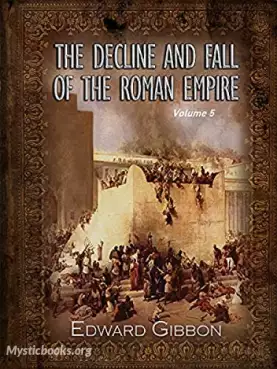
The History of the Decline and Fall of the Roman Empire, Vol. V
The History of The Decline and Fall of the Roman Empire, a major literary achievement of the 18th century published in six volumes, was written by the celebrated English historian Edward Gibbon. The books cover the period of the Roman Empire after Ma...
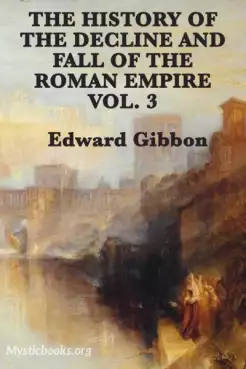
The History of the Decline and Fall of the Roman Empire, Vol. III
The History of the Decline and Fall of the Roman Empire is a six-volume work by the English historian Edward Gibbon. It traces Western civilization (as well as the Islamic and Mongolian conquests) from the height of the Roman Empire to the fall of By...
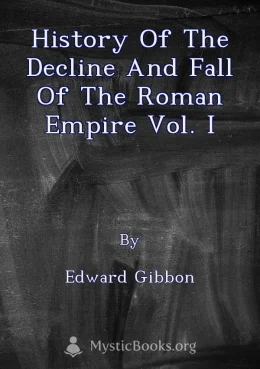
History of the Decline and Fall of the Roman Empire Vol. I
The History of The Decline and Fall of the Roman Empire, a major literary achievement of the 18th century published in six volumes, was written by the celebrated English historian Edward Gibbon. Volume I was published in 1776, and went through six pr...
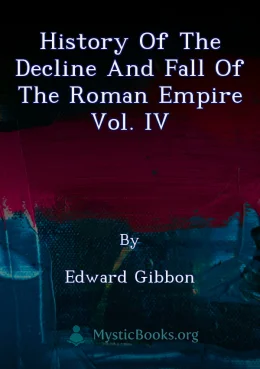
History of the Decline and Fall of the Roman Empire Vol. IV
The History of The Decline and Fall of the Roman Empire, a major literary achievement of the 18th century published in six volumes, was written by the celebrated English historian Edward Gibbon. The books cover the period of the Roman Empire after Ma...
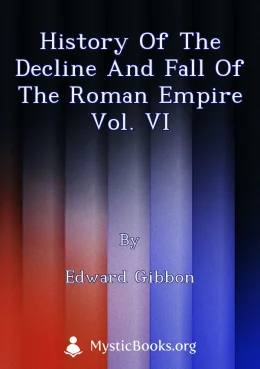
History of the Decline and Fall of the Roman Empire Vol. VI
The History of The Decline and Fall of the Roman Empire, a major literary achievement of the 18th century published in six volumes, was written by the celebrated English historian Edward Gibbon. The books cover the period of the Roman Empire after Ma...